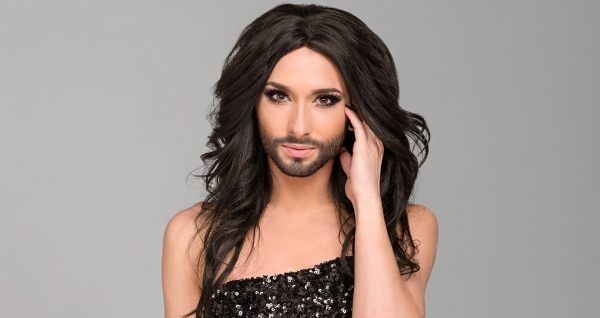
May 11, 2014, by Stephen Mumford
Diversity
While in some ways there is a commonality that holds us together as a species – all of us wanting love, freedom and personal growth – we also exhibit a great diversity. There is no denying this. As well as the very apparent differences in race, sex and culture, we are diverse in our politics, artistic preferences, sexualities, personalities and foibles. Diversity is a fact. The only dispute is whether it is a good thing. Historically, we know of many societies in which difference is not encouraged. There are examples of other races being mistreated, of people hiding their sexuality, and political opinion being persecuted. But the future is open to us and we can choose whether to reject, accept or actively encourage diversity.
We sometimes speak of ‘tolerating’ diversity but that already makes it sound bad: something we put up with if we try to be kind. A stronger positive case for diversity can be made, as John Stuart Mill showed in On Liberty.
Progress in culture, society, arts and sciences benefits from difference more than it can from similarity. In all there are standard paradigms: the received ways of thinking and acting. But our wisdom and practices have to develop and grow, respond to new circumstances and seek ever-more advances. In science, for instance, there will always be a need for new ideas and theories. It will never benefit from being static and unchanging. We thus need people who think in different and unconventional ways, are able to stand against accepted wisdom and propose the unorthodox.
Crucial in such a process is the role of the outsider: someone with a different background or interest from the majority, not schooled in the standard truths and thus able to add a novel perspective on issues that have for some time seemed settled. We might compare the flourishing of diversity with societies that have discouraged difference and dissent: post-war East Germany, Orwell’s fictional world of 1984 and perhaps present-day North Korea. There are political aims in such societies built on an underlying tenet that everyone should be the same and think the same. If we consider the way in which civilisations are made, one has to doubt that any such arrangement can prosper long.
What goes for scientific achievement counts obviously as much for the arts and society. Artistic leaps forward are hardly likely to arise from homogeneity. And we need also to propose alternative ways of living: social arrangements which will produce greater happiness, peace and prosperity for our world. The current socio-economic model is not sustainable: the future existence of humanity on this planet depends entirely on the creativity of those able to imagine alternative ways to live.
In that respect, diversity is a matter of life and death. To avoid decay and demise, we really should encourage diversity of every kind for we cannot prejudge the origin of progress. There is thus every reason to promote the meeting and mixing of cultures and races, dissenting voices, the challenging of orthodoxies and various experiments in lifestyle. A corollary is that we allow freedom of speech for all; not just for those with whom we agree and can confirm our existing prejudices.

Conchita Wurst’s artistic leap forward is one I shall not be following but cheers to not prejudicing the origin of progress. Who am I to judge progress…